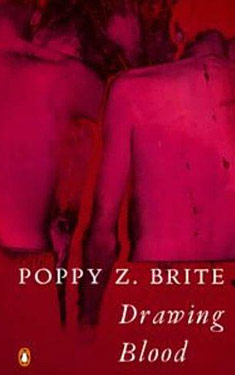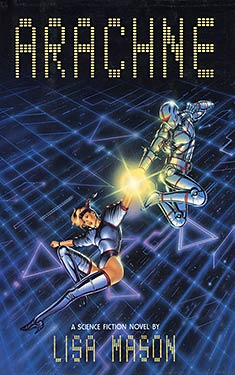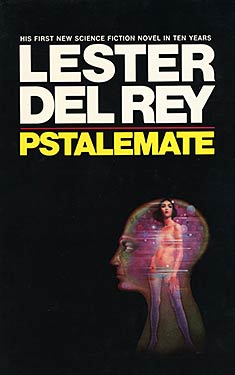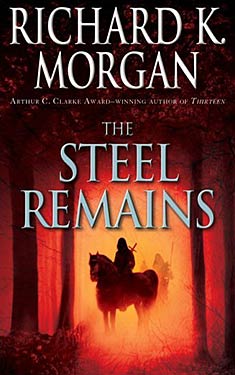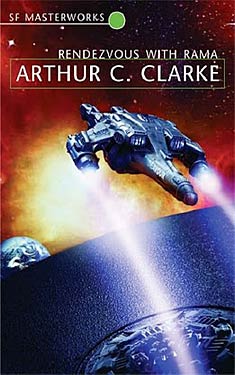Poppy Z Brite
Completed 5/9/2014, Reviewed 5/27/2014
4 stars
I discovered Poppy Z. Brite accidentally while researching
books for the numerous challenges on Worlds Without End, Wikipedia, and other
sites. Now I can finally say that I’ve
read fiction by a transgendered person. I
also discovered that Horror, while a genre in its own right, also falls under
the category of Fantasy. “Drawing Blood”
was nominated for the World Fantasy Award in 1994. So a couple of firsts for me, and I’m proud
to say that it all happened through this book.
In a wild update of the haunted house theme, Brite creates an engrossing
tale of terror, violence, and love among disaffected youth.
Trevor’s father was a moderately famous graphic
novelist. After a long period of
personal suffering and alcoholism, he murdered Trevor’s mother and baby
brother, then hung himself. Trevor is
found by family friends later the next day, nearly catatonic.
Twenty years later, having survived growing up in an orphanage and finding solace himself as a graphic novelist, he returns to the home where the tragedy occurred.
Twenty years later, having survived growing up in an orphanage and finding solace himself as a graphic novelist, he returns to the home where the tragedy occurred.
Zack is one of the best computer hackers around. After getting a tip that the feds are after
him, he dashes out of town, chancing upon the same town as Trevor. They fall in love, and together try to
overcome the powerful forces in the house that are trying to drag Trevor down
the same road as his father.
Brite’s forte is prose and characterization, my two favorite
aspects of a book. The book begins with
the recounting of the original murder.
The rest of the first half of the book is wonderfully written
descriptions of the events leading up to Zach and Trevor’s meeting in the town
of Missing Mile, NC. They are Generation
X-ers. Reading this book twenty years
later, I could easily see them as hipsters/Millennials, having the same
attitudes and interests, or rather disinterests, as the disaffected youth of
today. Trevor is withdrawn, almost
asocial. He has no intimacy and no
connections. Zach on the other hand is
hypersocial and hypersexual, but ultimately has no real intimacy either.
Inevitably, they meet, and fall for each other. But there’s a third in this relationship, the
house. This relationship is what
dominates them and the rest of the book. The
house provides electricity and running water without public service, and of
course causes creepy noises, loud bangs, and hallucinations galore. I have to admit, it made going to bed at
night a little tough for a few days.
I think my favorite part of the book was its refreshing take
on a non-heteronormative relationship (I admit, I just heard the word on
NPR). I had just read “The Steel Remains” which featured gay and Lesbian heroes
in a high-fantasy context, so jumping into a gay/bisexual horror novel almost
made me feel like the world had changed a little. Brite’s target audience seems to be the young
and disaffected, but I felt I could relate to the characters and the situation
more than those in a Stephen King novel.
I really enjoyed this novel.
If I had read it when it was first published, I believe I could have
given it a 5 star rating because I would have been closer in age to the
characters. I still give it a glowing 4
stars. It’s an excellent psychological
thriller that makes me want to read all of Brite’s works and sad that he’s no
longer writing.
